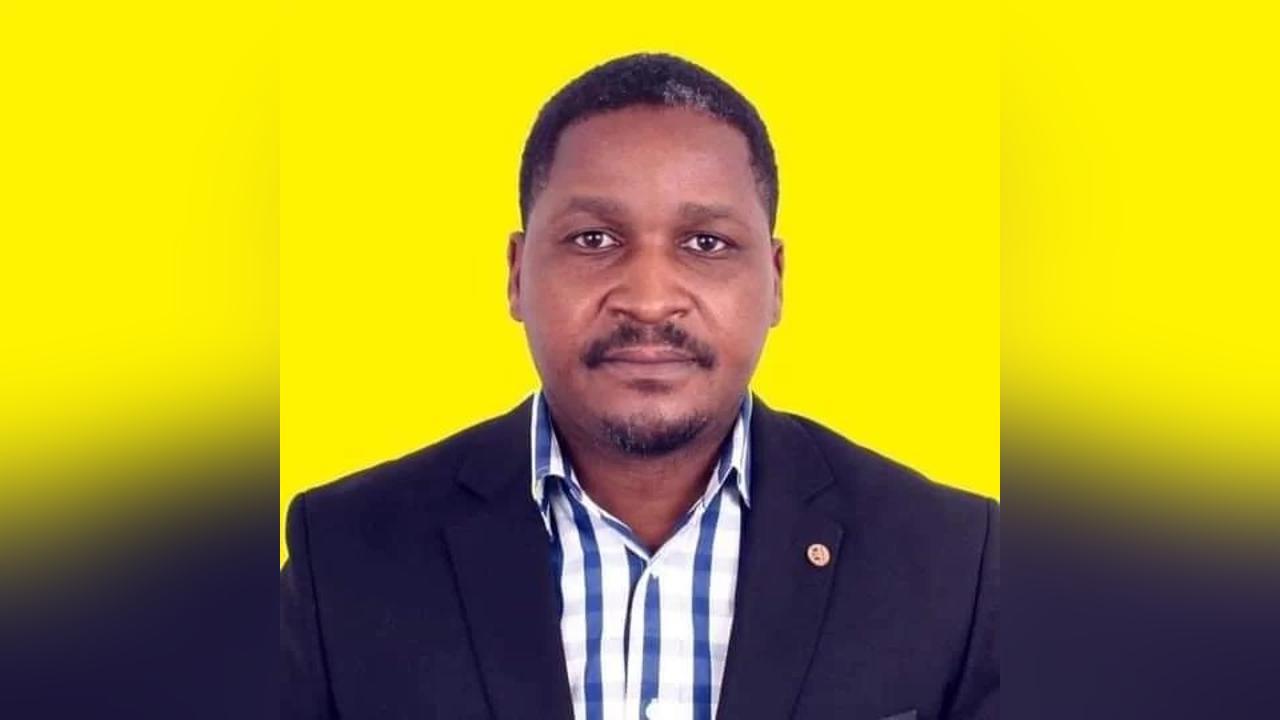
Africa-Press – Zambia. Opposition Patriots for Economic Progress-PEP president Sean Tembo has described the recent judgment of the constitutional court on the issue of President Hakainde Hichilema living at his private residence rather than the official residence at Nkwazi house, as simplistic, extremely misdirected, and lacking in multiple ways.
Mr. Tembo’s petition to the court was that by residing in community house in New Kasama while working from the state house, President Hakainde Hichilema’s action amounts to a waste of public resources, which he estimates to be worth around K1 billion per year.
He argues that there are enough provisions of the constitution that prevent the president from wasting public resources including articles 173(1) (b), 173(1) (e), 198(b) (iii), and 198(d) but is not satisfied with the outcome of the petition by the constitutional court.
Mr. Tembo believes that the judgment of yesterday is wrong, that the court addressed arguments that he did not make, and that the constitutional court had the objective of dismissing his petition at all costs.
He argues that the court should have asked whether the President’s almost daily travel amounts to a waste of public resources and whether there is a law prohibiting the president from wasting public resources in this manner, which the court did not do.
The opposition leader believes the court would have reached a different judgment if it had considered the petitioner’s actual arguments rather than the paraphrased ones that led to the petition being dismissed. PHOENIX NEWS ABOUT THE CONCOURT JUDGEMENT ON HH LIVING AT HIS PRIVATE RESIDENCE By Sean E. Tembo – PeP President
1. I find the judgement of the Constitutional Court of Zambia on the issue of President Hakainde Hichilema living at his private residence instead of the official residence at Nkwazi House, simplistic, extremely misdirected and lacking in more ways than one.
2. I must mention that l am not averse to losing a court matter, provided the judgement is sound, and that judgement of yesterday is very far from sound. The question then becomes; what constitutes a sound court judgement? Well, different people might have different definitions, but to me, a sound court judgement is one which considers all the arguments made by the parties and addresses each of those arguments in the final judgement.
3. With regard to the judgement in issue, the Court addressed arguments that l did not make, while omitting to address arguments that l made in the petition. Nowhere in the petition or accompanying skeleton arguments did l argue that there is a law which compels the President to live at Nkwazi House. The reason l did not make that argument is simply because l know that there is no such law.
4. My main argument in the petition was that by living at community house in New Kasama while working from State House, the President had to commute on an almost daily basis at a huge cost to the taxpayers, and that it amounted to wastage of public resources which l quantified in the petition as amounting to approximately K1 billion per annum. There are plenty provisions of the Constitution which prohibit the President from wasting public resources including articles 173(1)(b), 173(1)(e), 198(b)(III) and 198(d).
5. I expected the court to address these arguments of wastage of public resources in it’s judgement. The two questions which the Court should have asked is (I) whether the President’s almost daily commute amounts to a wastage of public resources and (ii) whether there is a law that prohibits the President from wasting public resources?
6. The question that is perhaps worth asking is; had the Court considered the actual arguments made by the Petitioner, and not the paraphrased arguments, would it still have arrived at the same decision to dismiss the Petition? I think not. The first question of whether the President’s almost daily commute amounts to a wastage of public resources is pretty straightforward, and even the Attorney General in his submissions was unable to challenge it, because it is self-evident. The President’s almost daily commute does amount to a wastage of public resources.
7. With regard to the second question of whether the President’s wastage of public resources through his daily commute is actually a violation of the Constitution, again articles 173(1)(b), 173(1)(e), 198(b)(III) and 198(d) of the Republican Constitution are very clear. Wastage of public resources by the President amounts to a violation of the Constitution.
8. However, the Court in it’s judgement ignored the actual arguments made by the Petitioner and instead paraphrased those arguments into something else. The Court addressed arguments which were never made by the Petitioner. That is what saddens me. But when you really examine this issue, you will realize that the only way the Court could dismiss the Petition was by evading the arguments that had been made by the Petitioner, and inserting arguments that had not been made. In other words, the Court appears to have had only one objective; to dismiss the Petition. The only question was how? And the only way how was by ignoring the actual arguments of the Petitioner and paraphrasing them into arguments that the Petitioner did not make. But make no mistake about it, it is not Sean Tembo who has lost this case. It is the Zambian people.
For More News And Analysis About Zambia Follow Africa-Press






